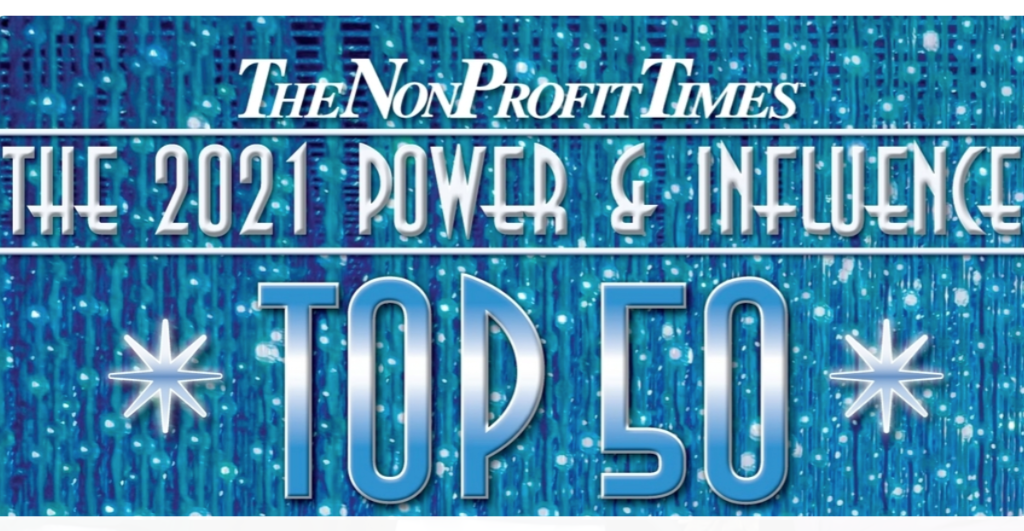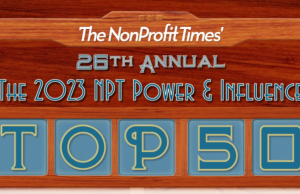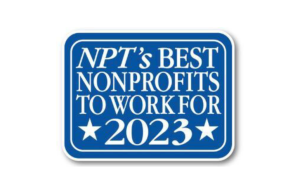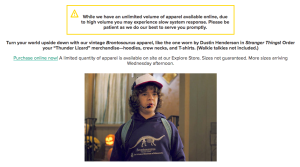You’d excuse a nonprofit executive for looking to the sky and expecting frogs to be raining down. There are words to describe the past year but they either fall short of comprehensiveness or you simply can’t print them in a professional publication.
The year was a showcase of frontline heroes, many of whom were tied to nonprofits, and leaders who with their staffs found a way to adapt and overcome the hardship of a 100-year pandemic.
There has been voluminous coverage of the hardships but little mention of the reality that the sector’s response was years in the making. The evolution of thinking, planning and implementation of 360-degree services focusing on shelter, food and healthcare is what held a nation together. Executives in some cases risked their lives – staring down threats to personal safety – to ensure those who needed help got as much as could be mustered.
The year quite possibly launched a new era in philanthropy, with major donors and foundations eliminating the red tape and strings attached to funding. Infrastructure is finally receiving deserved respect.
The leaders highlighted in this 24th annual NPT Power & Influence Top 50 have distinguished themselves as initiators, innovators and leaders. An important criteria of the list is that the honoree must be a working day-in, day-out executive. In many cases this year day-in, day-out was 24/7/365 and still going.
The 2021 honorees were selected from a group of roughly 300 top executives. A committee of The NPT editorial staff, contributors and a few executives plugged in to executive movement were involved in the selection process. This is not a lifetime achievement award. The executives must have had an impact during the previous 12 months.
There is quite a bit of turnover in this year’s roll call. There are 16 new honorees on the 2021 honor roll and four executives returning to the list after a hiatus.
The fine china will be rolled out for honorees and their guests as they are feted in Washington, D.C., next month during the annual NPT Power & Influence Top 50 Gala at The National Press Club. Event sponsors include Mitch-Stuart, Inc., Moore, Grant Thornton, EveryAction, JMT Consulting, and data axle. One of the honorees will receive the NPT Innovator of the Year award. — Paul Clolery, NPT vice president & editorial director

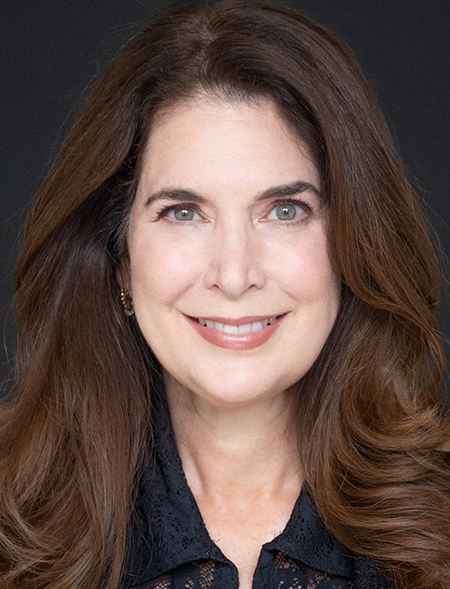
Ana Marie Argilagos
President, Hispanics In Philanthropy (Oakland, Calif.)
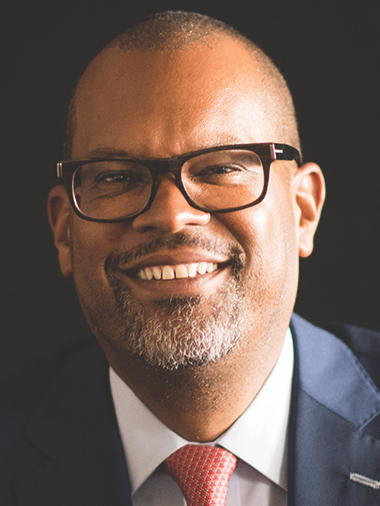
Fred Blackwell
Chief Executive Officer, San Francisco Foundation (San Francisco, Calif.)
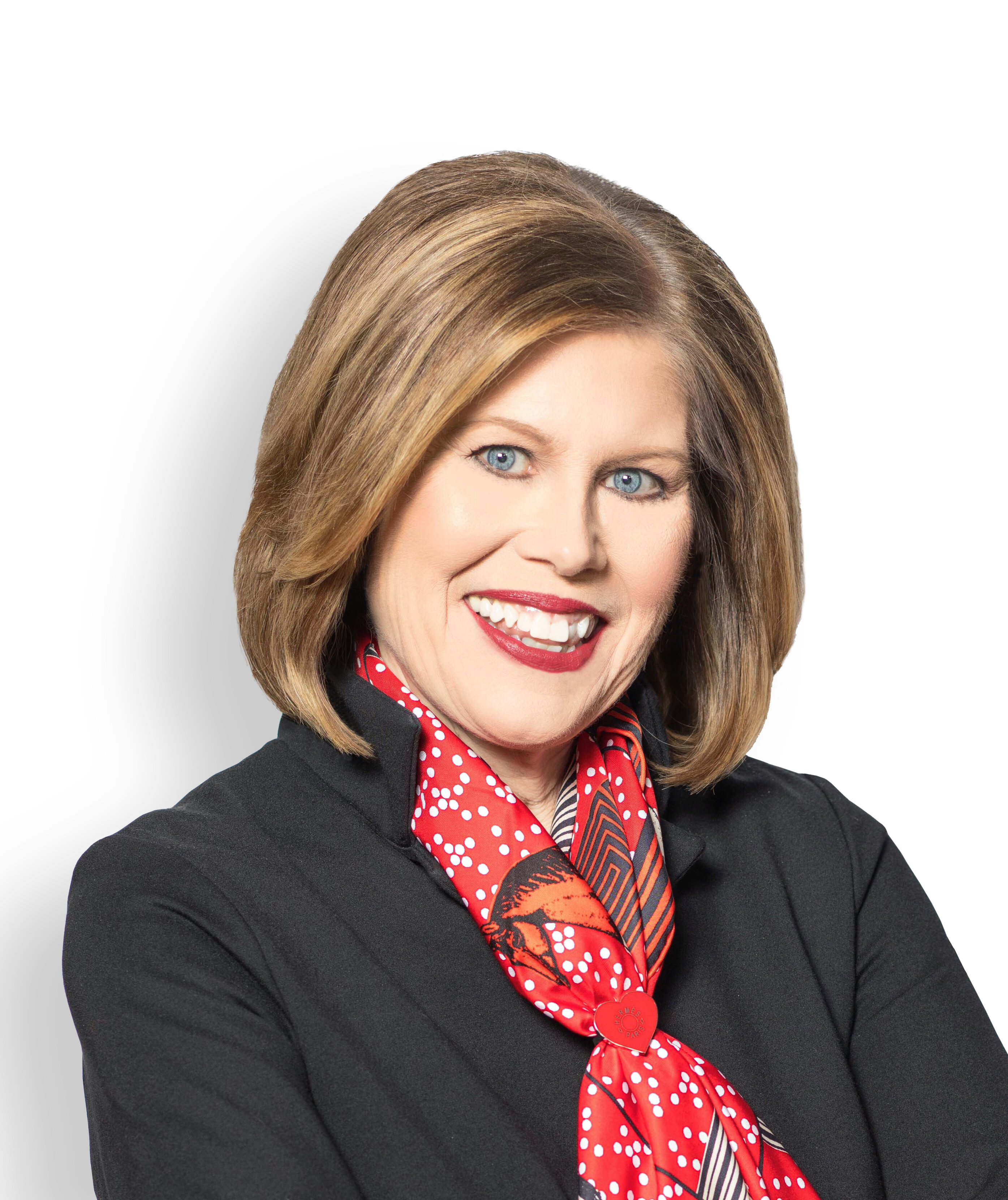
Nancy Brown
President & CEO, American Heart Association (Dallas, Texas)
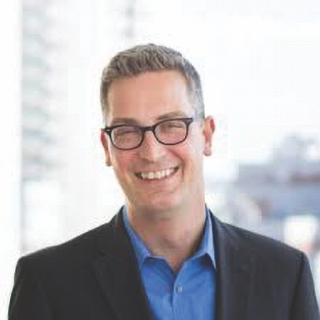
Phil Buchanan
President, Center For Effective Philanthropy (Cambridge, Mass.)
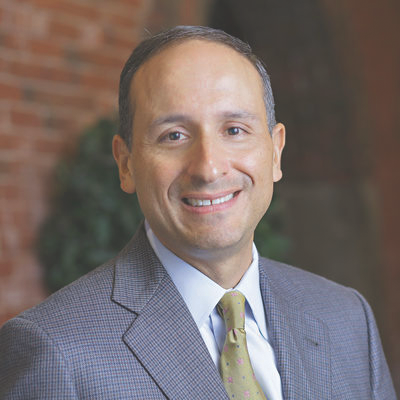
James Canales
President & Trustee, The Barr Foundation (Boston, Mass.)
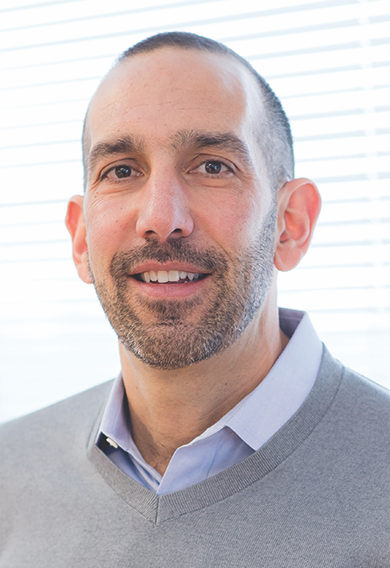
Daniel Cardinali
President & CEO, Independent Sector (Washington, D.C.)
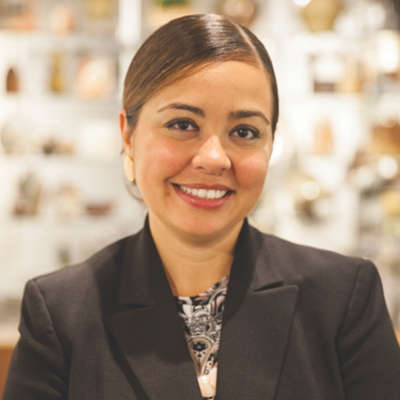
Yolanda Coentro
President & CEO, Institute For Nonprofit Practice (Needham, Mass.)
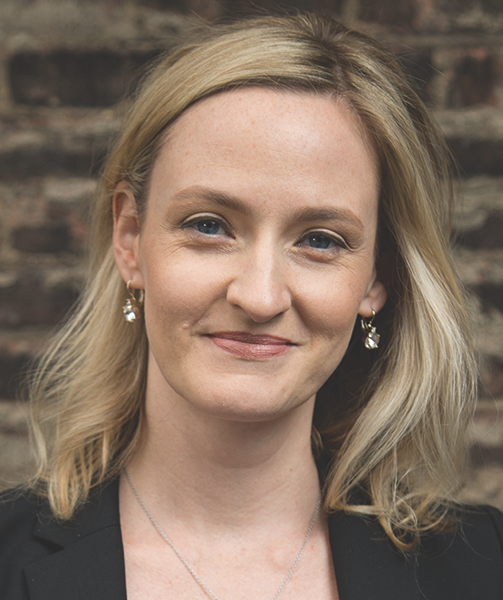
Asha Curran
Co-founder & CEO, GivingTuesday (New York, N.Y.)
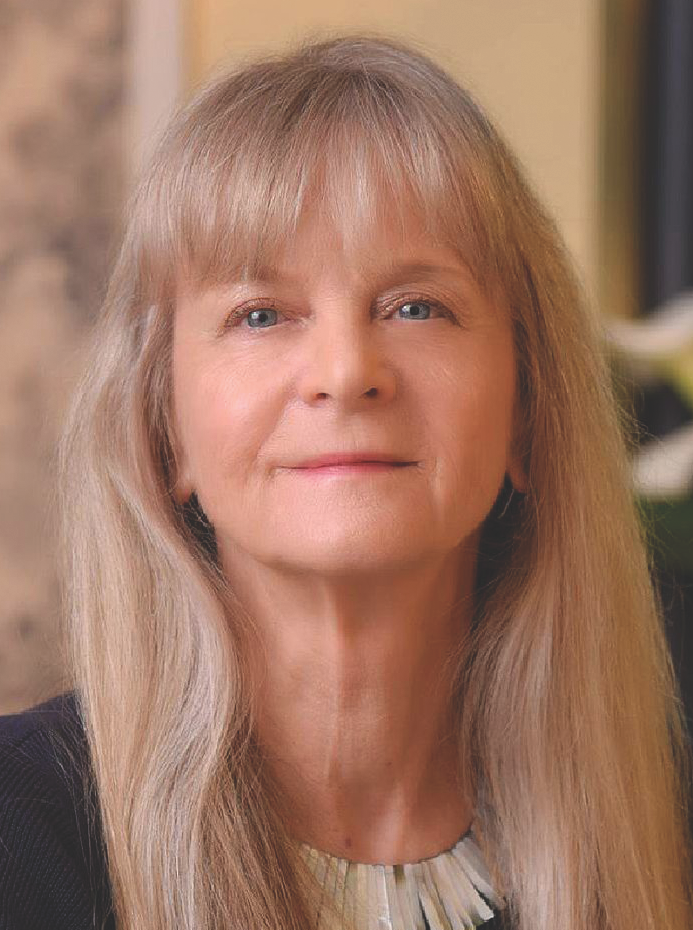
Pamela Davis
President & CEO, Nonprofits Insurance Alliance (Santa Cruz, Calif.)
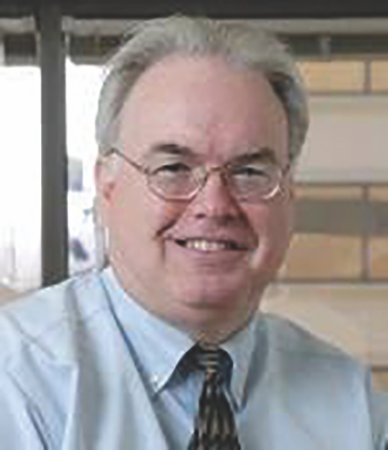
Tim Delaney
President & CEO, National Council of Nonprofits (Washington, D.C.)
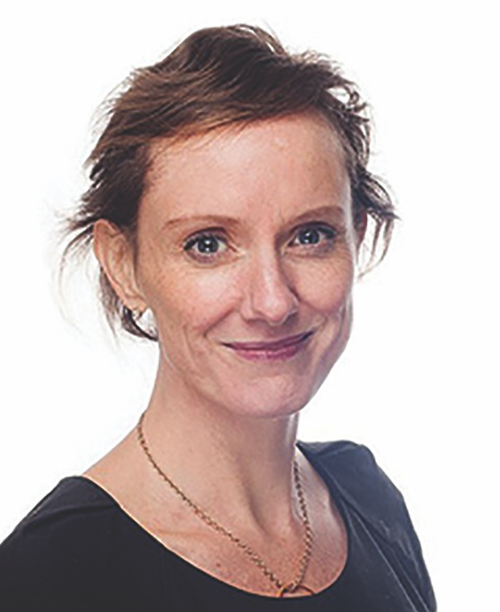
Abigail Dillen
President, Earthjustice (San Francisco, Calif.)
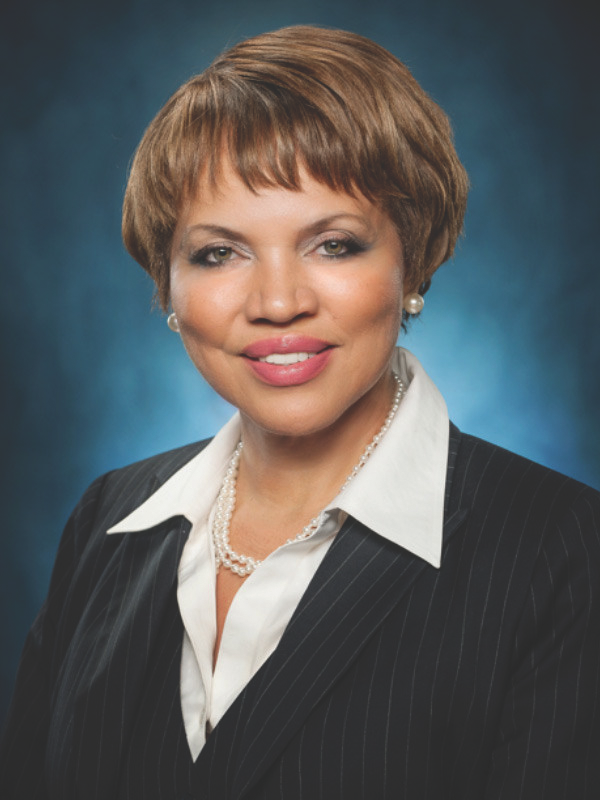
Claire Babineaux-Fontenot
Chief Executive Officer, Feeding America (Chicago, Ill.)
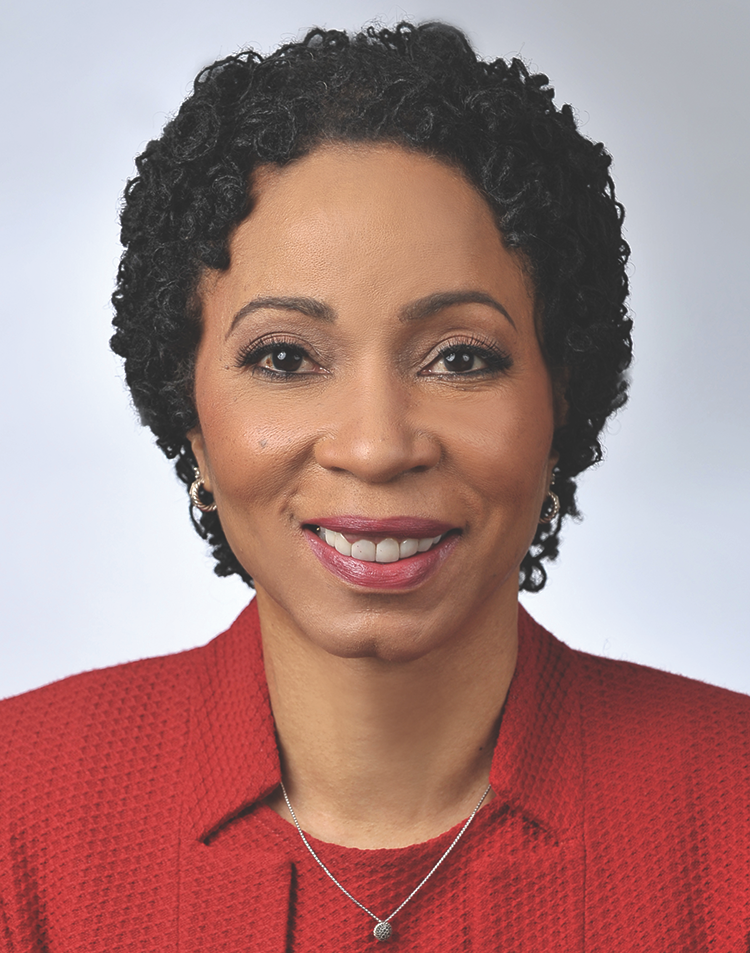
Helene D. Gayle
Chief Executive Officer, Chicago Community Trust (Chicago, Ill.)

Jonathan Greenblatt
National Director & CEO, Anti-Defamation League (New York, N.Y.)
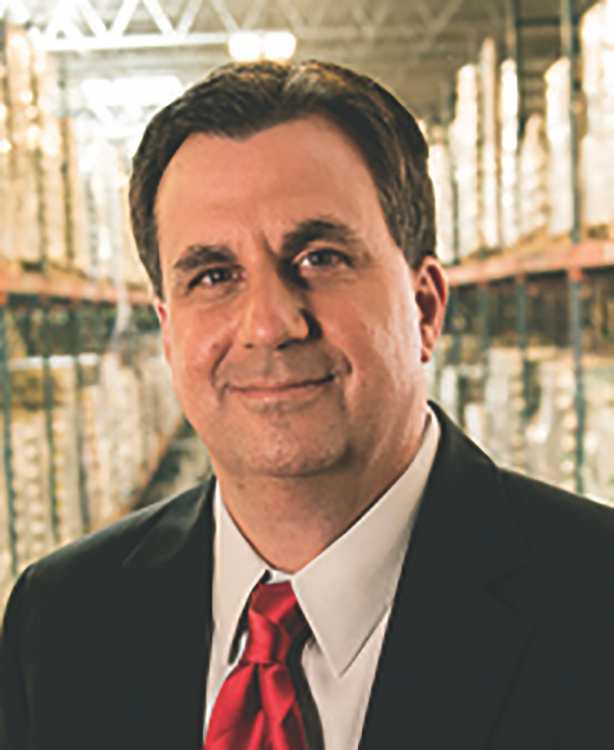
Brian Greene
President & CEO, Houston Food Bank (Houston, Texas)
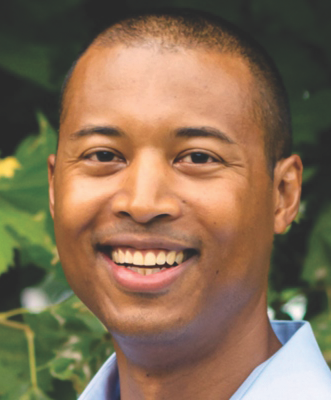
Alix Guerrier
President & CEO, GlobalGiving (Washington, D.C.)
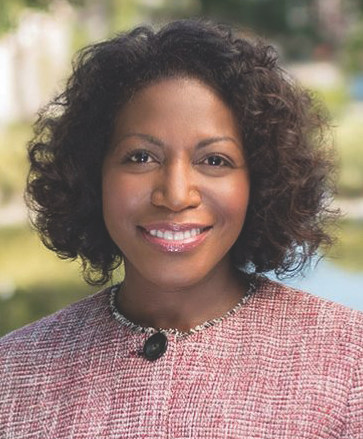
Lisa Hamilton
President & CEO, Annie E. Casey Foundation (Baltimore, Md.)
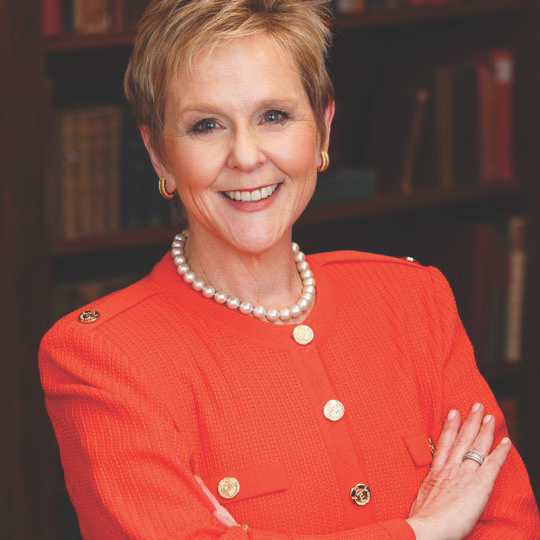
Eileen R. Heisman
President & CEO, National Philanthropic Trust (Jenkintown, Pa.)
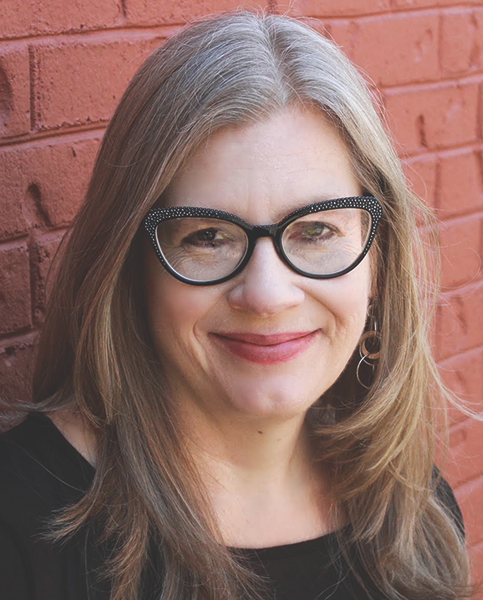
Melanie L. Herman
Executive Director, Nonprofit Risk Management Center (Leesburg, Va.)
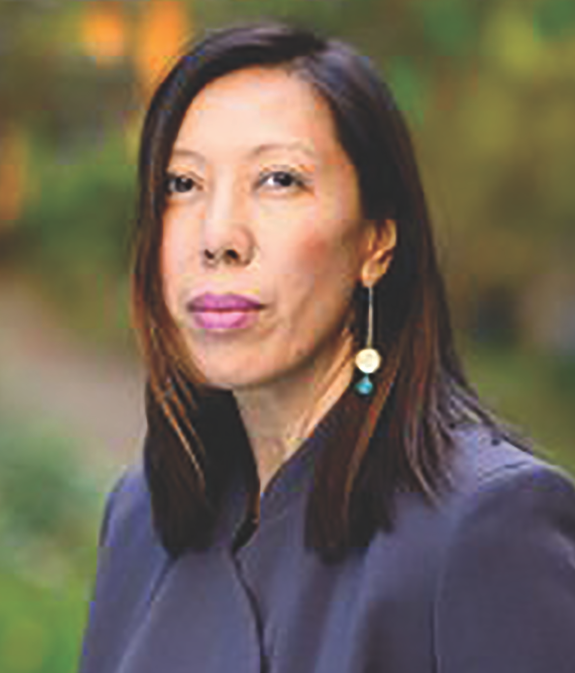
Pia Infante
Co-Executive Director, The Whitman Institute (San Francisco, Calif.)
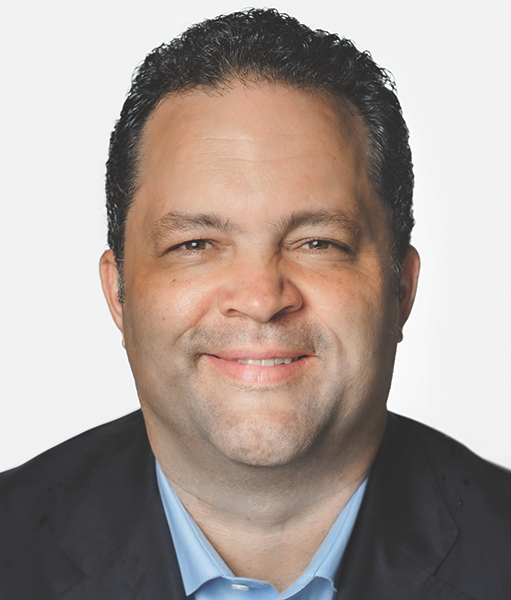
Ben Jealous
President, People For The American Way (Washington, D.C.)
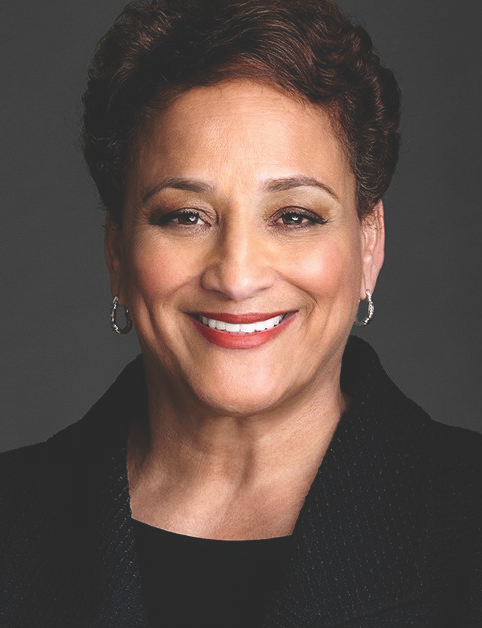
Jo Ann Jenkins
Chief Executive Officer, AARP (Washington, D.C.)
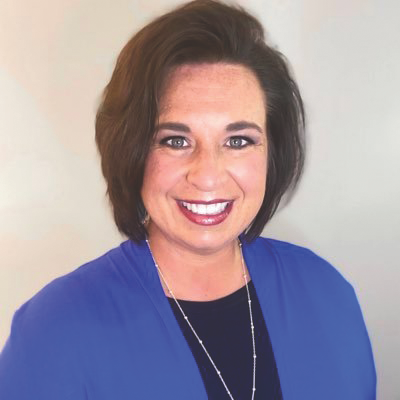
Nicole Lamoureux
President & Chief Executive Officer, National Association of Free and Charitable Clinics (Alexandria, Va.)
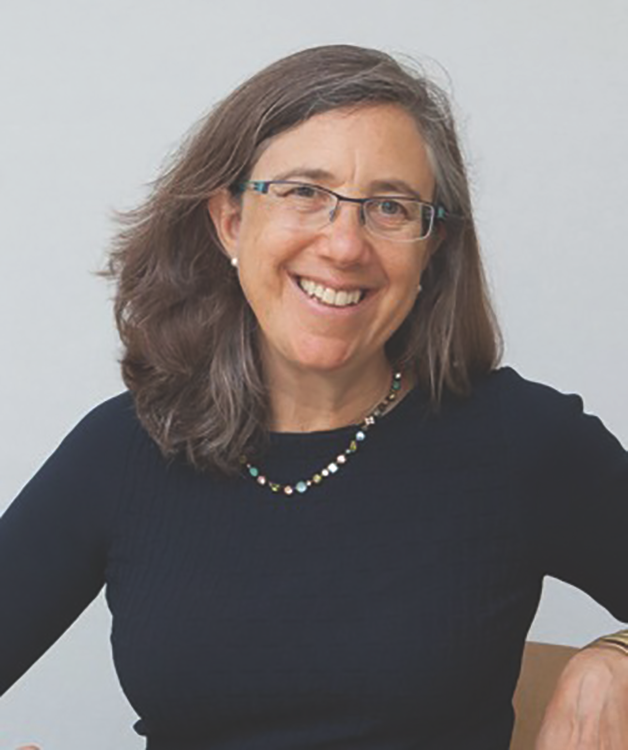
Ray Madoff
Professor, Boston College Law School (Newton Centre, Mass)
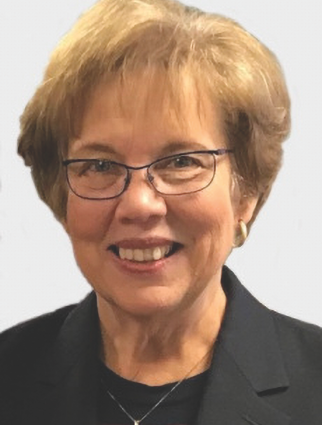
Sr. Donna Markham
President & CEO, Catholic Charities USA (Alexandria, Va.)
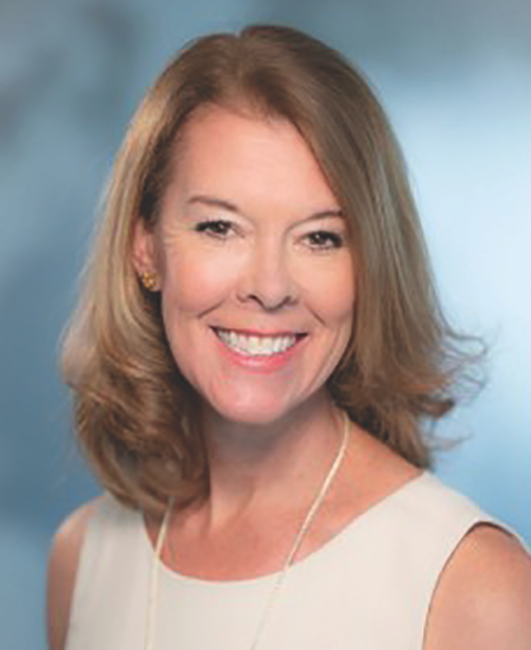
Suzanne McCormick
U.S. President, United Way Worldwide (Alexandria, Va.)
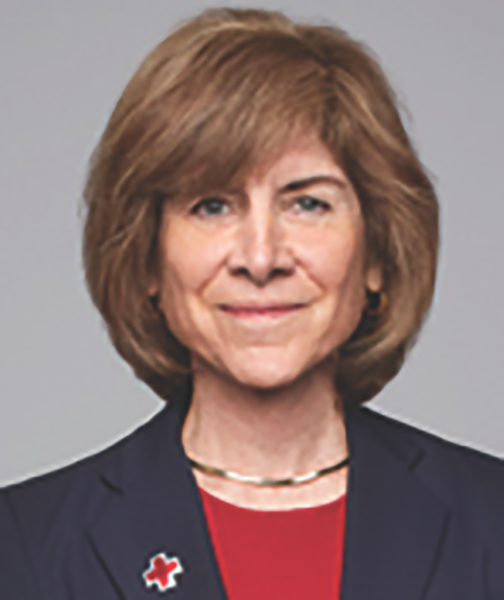
Gail McGovern
President & CEO, American Red Cross (Washington, D.C.)
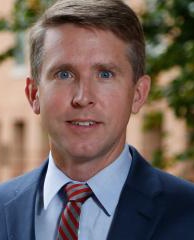
Brian Mittendorf
Fisher Designated Professor of Accounting, Fisher College Of Business/The Ohio State University (Columbus, Ohio)
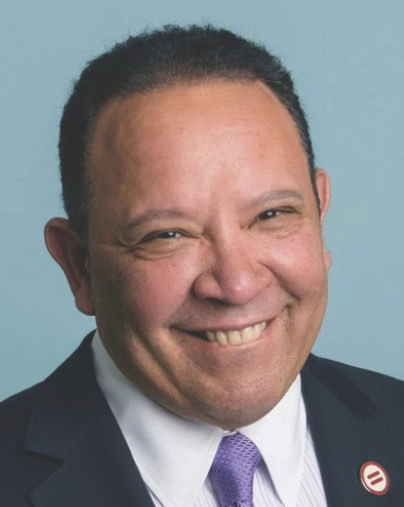
Marc H. Morial
President & CEO, National Urban League (New York, N.Y.)
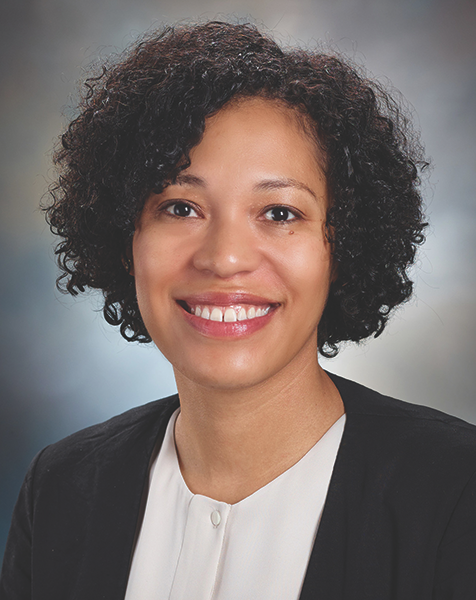
Cynthia Muller
Director, Mission Investments, W.K. Kellogg Foundation (Grand Rapids, Mich.)
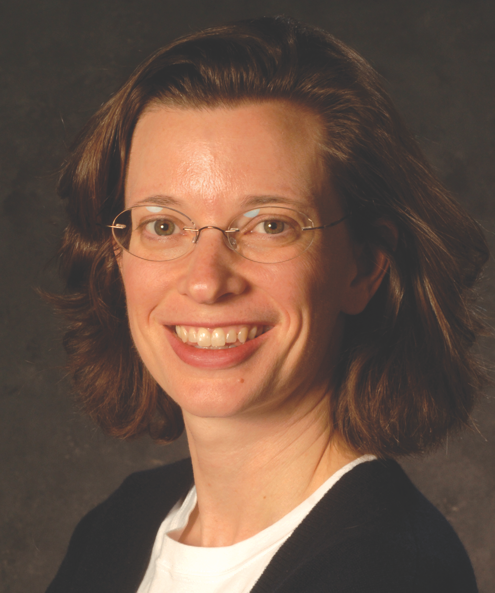
Michelle Nunn
President & CEO, CARE (Atlanta, Ga.)
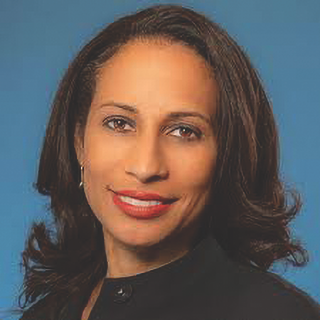
Una Osili
Associate Dean For Research and International Programs, Lilly Family School Of Philathropy/IUPUI (Indianapolis, Ind.)
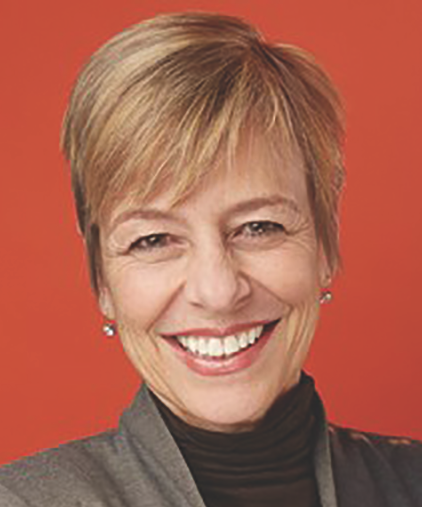
Hilary Pennington
Executive Vice-President Of Programs, Ford Foundation (New York, N.Y.)
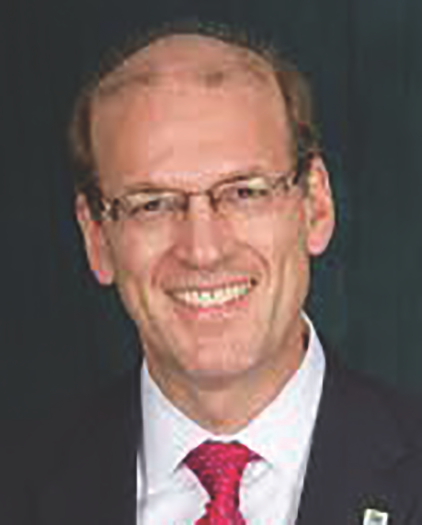
Jonathan Reckford
Chief Executive Officer Habitat For Humanity International (Atlanta, Ga.)
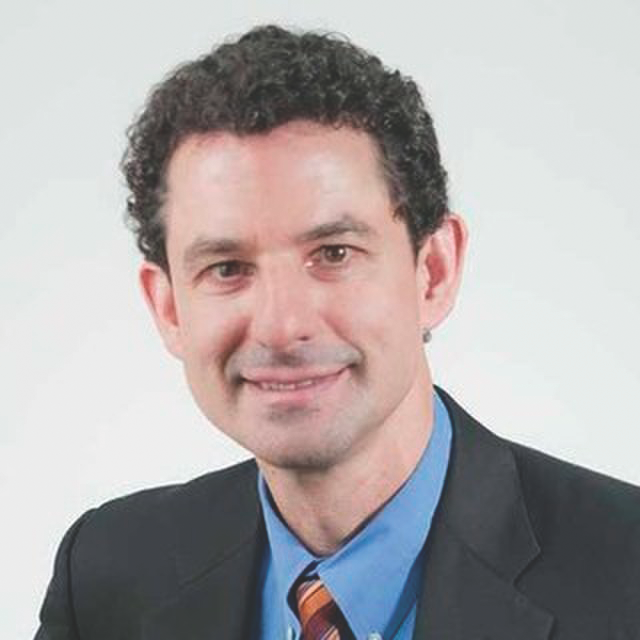
Douglas Rutzen
President & CEO, International Center For Not-For-Profit Law (Washington, D.C.)
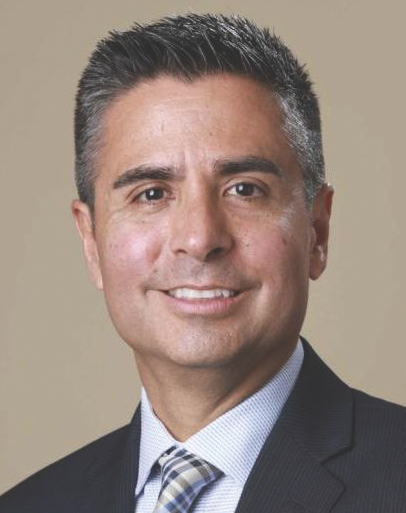
Edgar Sandoval, Sr.
President & CEO, World Vision U.S. (Federal Way, Wash.)
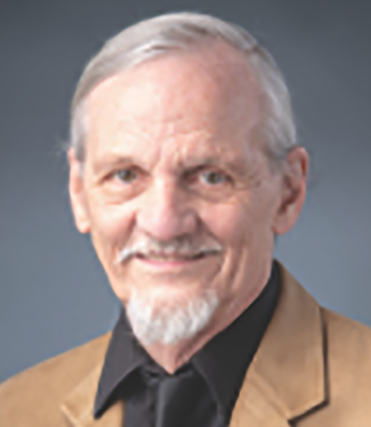
Doug Sauer
CEO, New York Council Of Nonprofits (Albany, N.Y.)
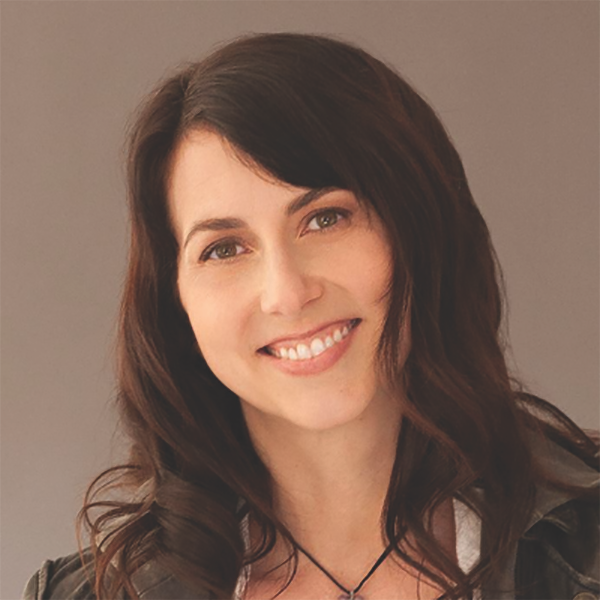
MacKenzie Scott
Philanthropist & Author (Seattle, Wash.)
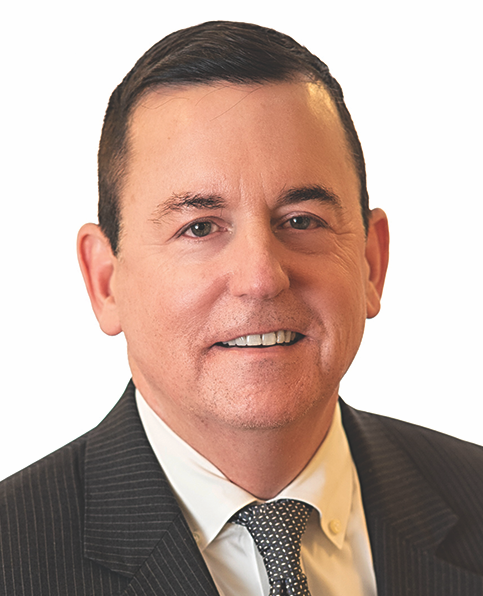
Barron Segar
President & CEO, World Food Program USA (Washington, D.C.)
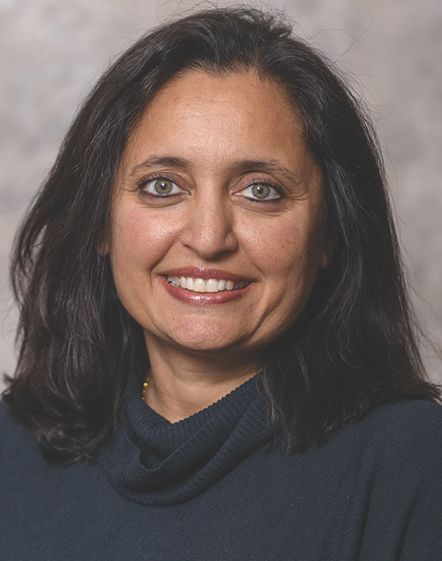
Sonal Shah
President, The Asian American Foundation (New York, N.Y.)
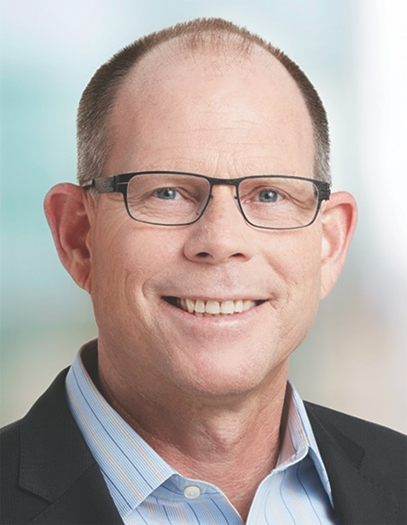
Mark Suzman
Chief Executive Officer, The Bill & Melinda Gates Foundation (Seattle, Wash.)
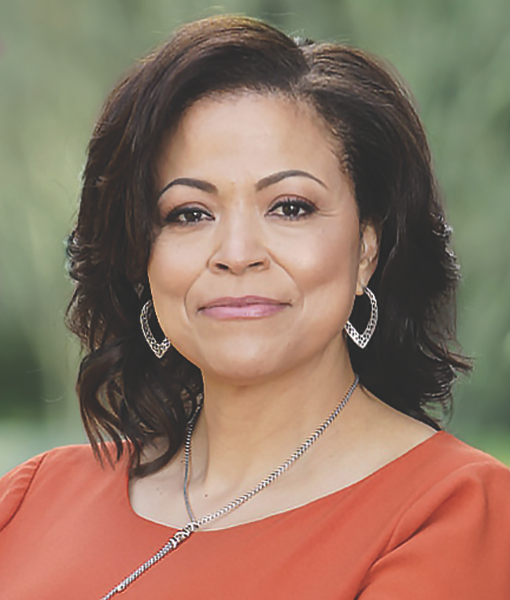
Nicole Taylor
President & CEO, Silicon Valley Community Foundation (Mountain View, Calif.)
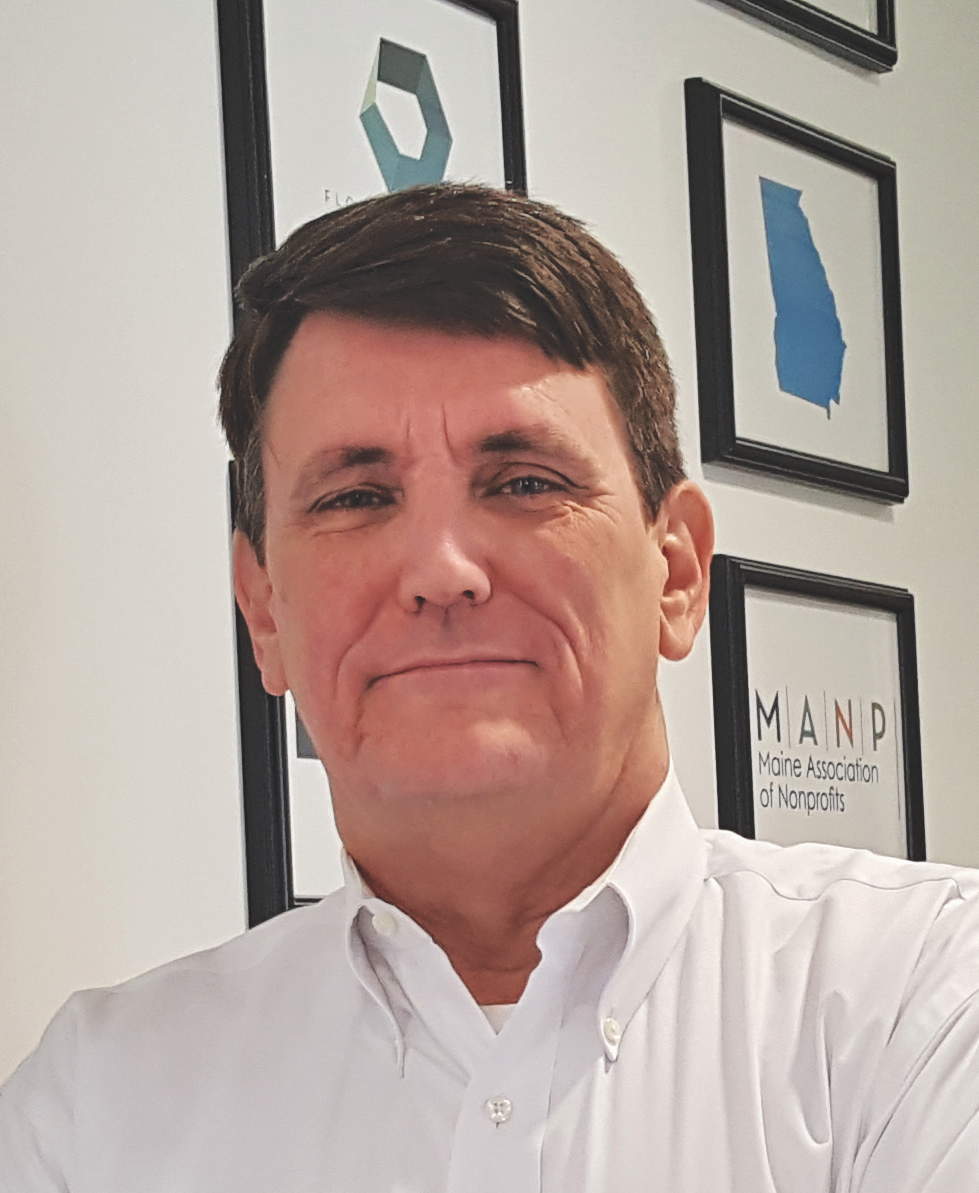
David L. Thompson
Vice President of Public Policy, National Council Of Nonprofits (Washington, D.C.)
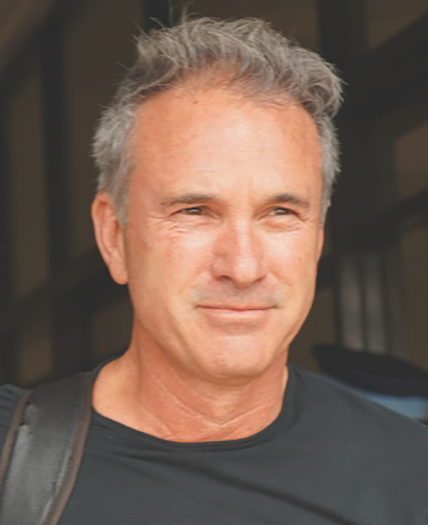
Thomas Tighe
President & CEO, Direct Relief (Santa Barbara, Calif.)

Henry Timms
President & CEO, Lincoln Center for the Performing Arts (New York, N.Y.)
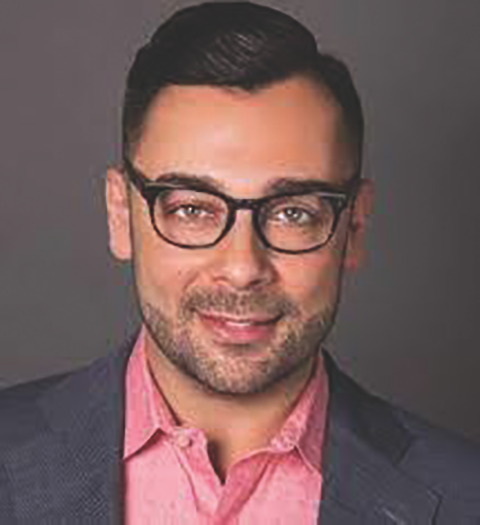
Edgar Villanueva
Founder & Principal, Decolonizing Wealth Project (New York, N.Y.)
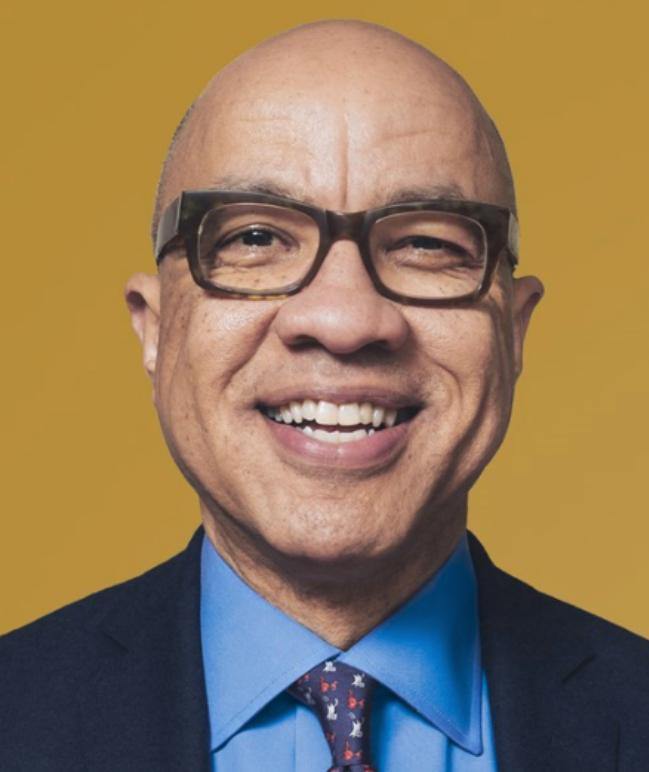
Darren Walker
President, Ford Foundation (New York, N.Y.)
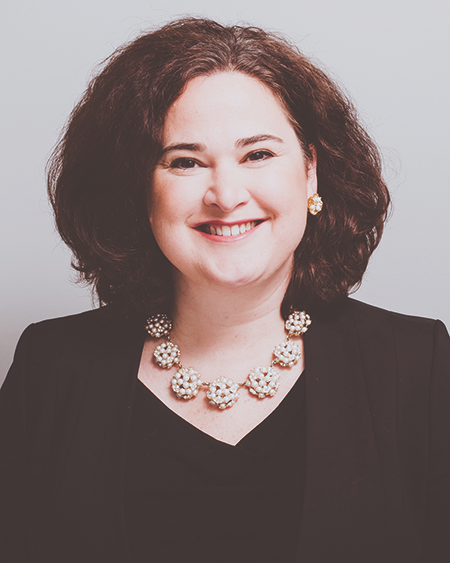
Anne Wallestad
President & CEO, BoardSource (Washington, D.C.)
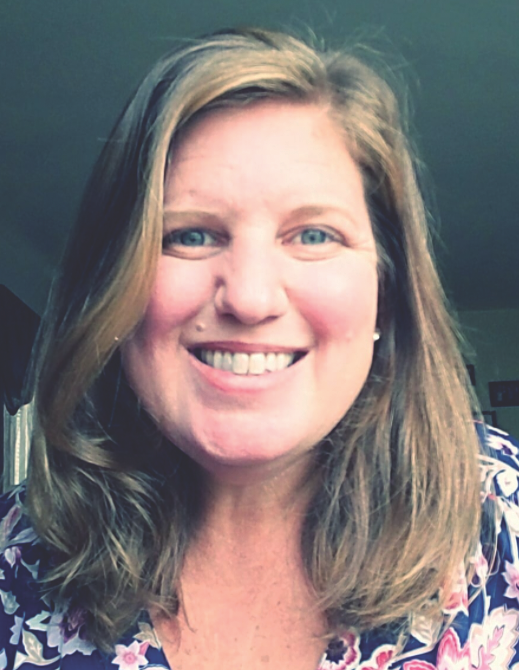
Laura Walling
Senior Director Of Governmental Affairs, Goodwill Industries International (Bethesda, Md.)
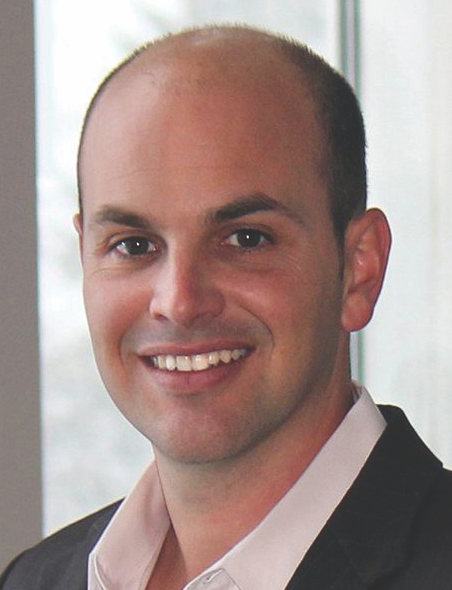
Ridgway White
President & CEO, Charles Stewart Mott Foundation (Flint, Mich.)


